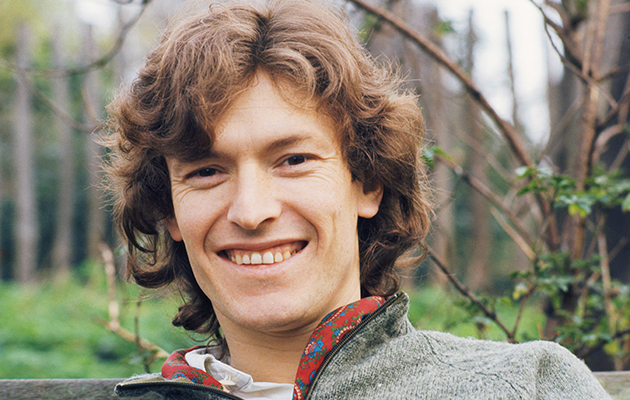The 21st century found Winwood returning to his roots, with the help of the musician who had introduced him to bohemian life back in the mid-’60s. “I think Eric felt we had a bit of unfinished business, which we clearly did. Of course, by that time, Eric was not only a great guitarist, he was a great bandleader and a great singer. So it was fantastic. We brought some closure to what had gone on in Blind Faith.”
Clapton and Winwood’s 2008 show in New York was immortalised on a joint live album, Live At Madison Square Garden, which found the pair tackling songs from across their careers, including Blind Faith and Traffic numbers, and a 16-minute take on Jimi Hendrix’s “Voodoo Chile”, the original of which features Winwood on organ [see panel]. On the evidence of this, along with Greatest Hits Live, his voice has aged remarkably well, yet he doesn’t take his gifts for granted.
“The voice is a muscle,” he says. “The body can’t do what it did when I was 25, and the voice is similar. But it occurred to me that if you watch older people playing tennis, because of their years of playing they read the ball better, so they don’t have to move as fast. It’s the same with singing. I started playing live about 60 years ago, and I’ve done it all my life since. I do still enjoy playing live, and I enjoy being in the studio, but I don’t want to do it quite as intensively as I have in the past. That way, it keeps the enthusiasm going.”
“Even back in the late ’60s, Steve was pretty well-grounded,” remembers Terry Brown. “He didn’t have that rock star craziness about him at all.”
As Winwood explains, it’s only in recent years that he’s come to consider the cultural and political ramifications of his work, rather than the purely musical ones. “I saw people walking down the street with nose piercings, spiky hair and big boots, and a friend of mine said to me, ‘Winwood, you’ve caused all that, by starting rock’n’roll!’ But music was the accompaniment to the changes, not the cause. After the war, it was just ripe for those changes to happen. Yeah, there were great advances in music in the ’60s, but it was all to do with communication – we were suddenly hearing blues records no-one had heard of.
“Now I’m a bit more interested in the cultural changes, but then I was never really interested in it,” says Winwood, considering what’s ultimately kept him going for 60 years onstage. “What I was interested in was music.”
Like us on Facebook to keep up to date with the latest news from Uncut



